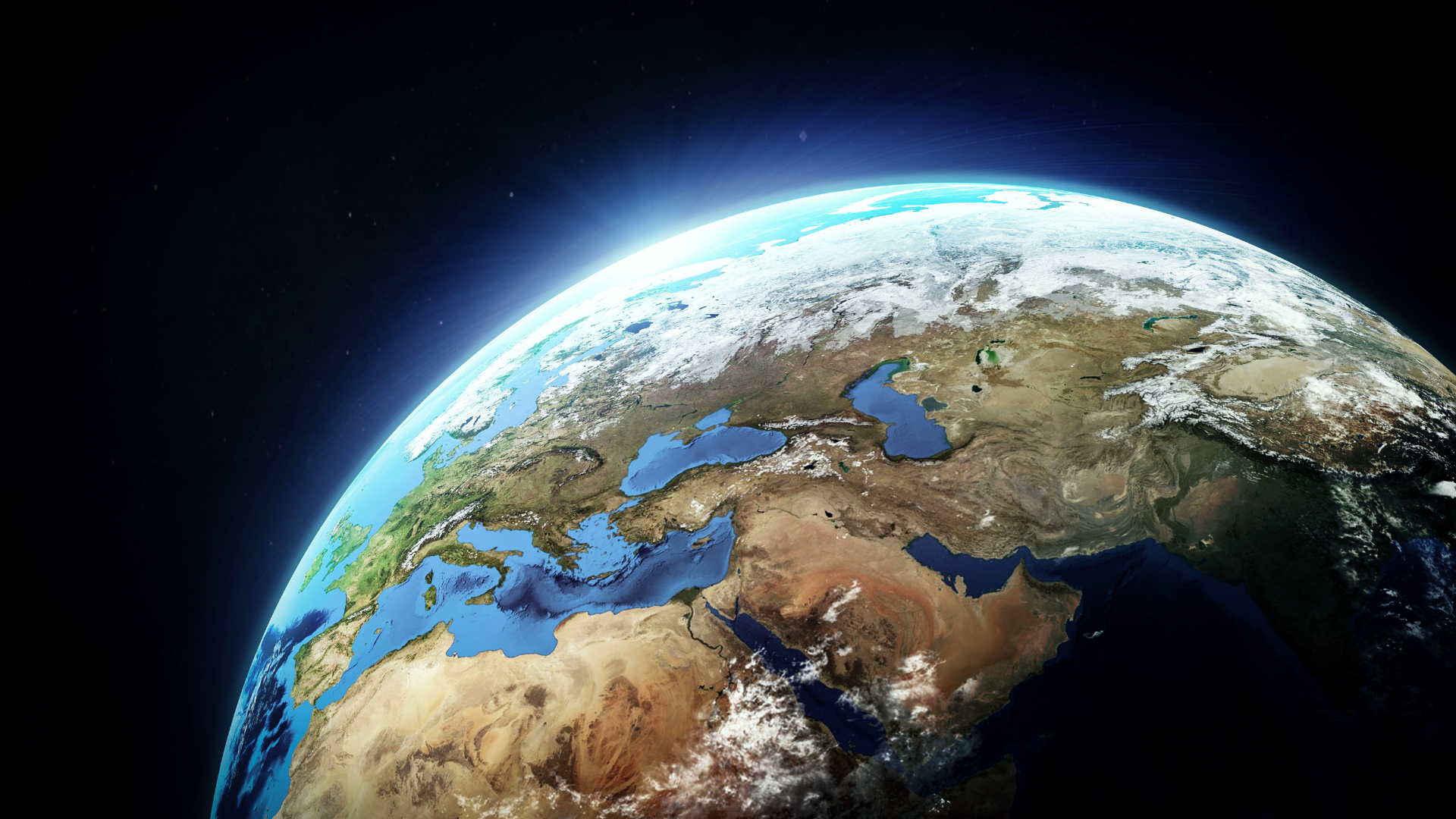Finding Solutions to Ocean Sustainability
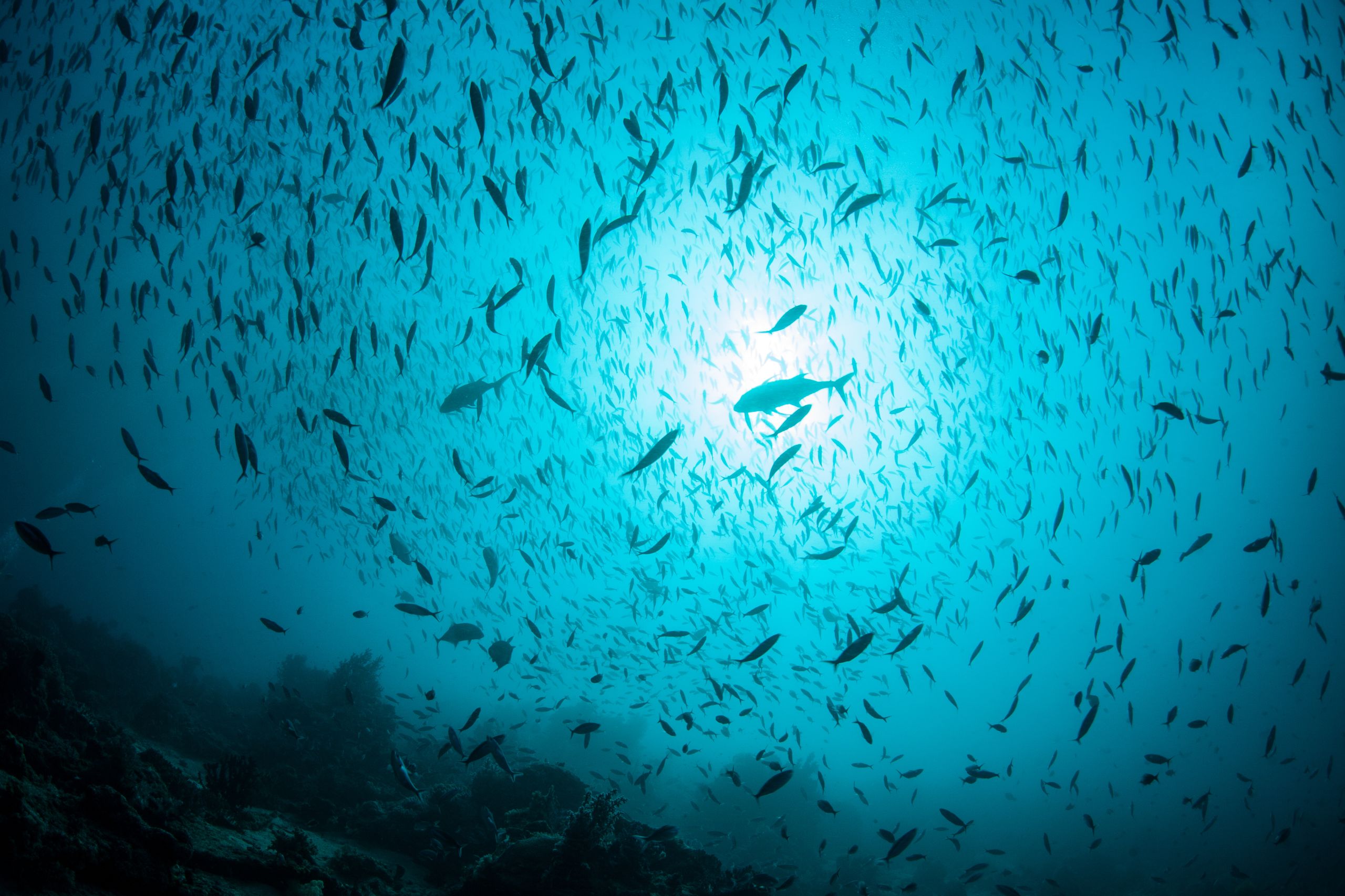
MOSES is an EU INTERREG Atlantic funded project.
About the Project
In the last decade, Europe’s ocean economy has received increasing policy attention, as evidenced in the publication and ongoing implementation of the EU’s Blue Growth Strategy, the Atlantic Strategy and its Action Plan, the Marine Strategy Framework Directive, among others. These initiatives are all aimed at fostering the sustainable development of the EU’s marine resources.
The impact of current and potential human activities on marine and coastal ecosystems will therefore be a key determinant of ocean health and of the benefits received through ecosystem goods and services. With this in mind, the objective of this project is to examine the Blue Growth path for sustainable development of the major sectors operating in the Atlantic space as envisaged by the Atlantic Plan.
This project builds on the EU Interreg IV Marnet project by examining the growth achieved in the marine sectors across the Atlantic Arc.
The current project also focuses on examining the environmental pressures and impacts from the growing sectors and possible transition paths to sustainable blue growth.
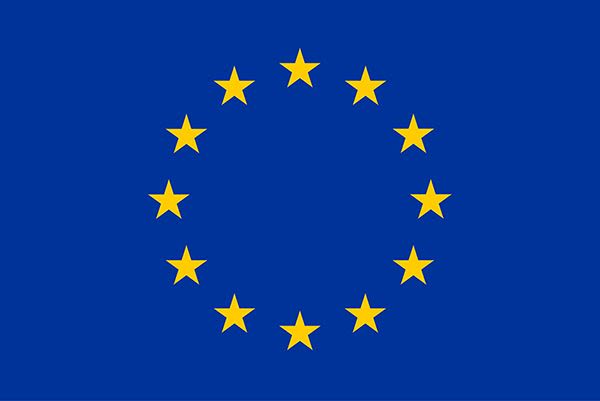
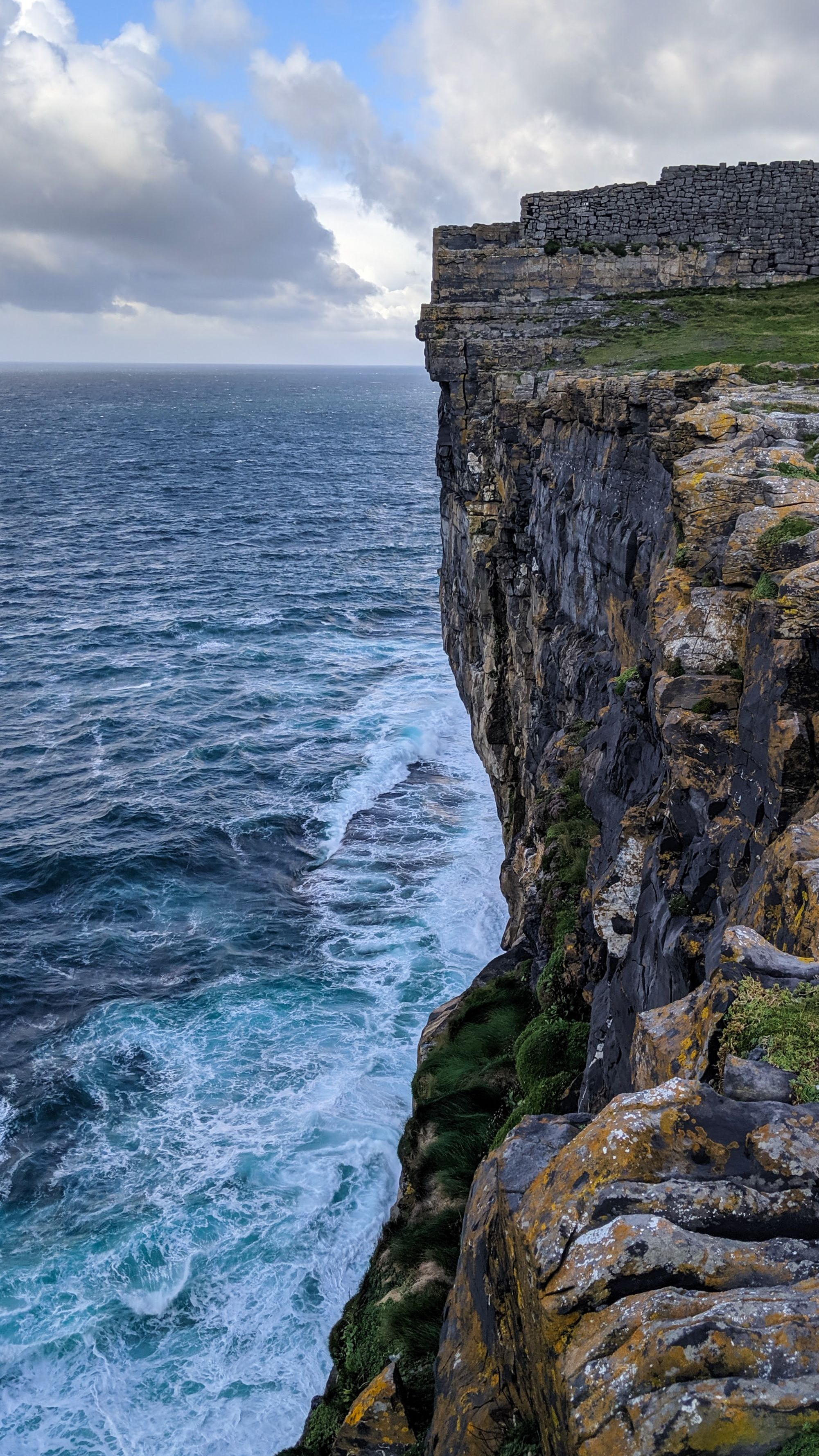
Project Process
'Estimate the Size and Growth of Key Marine Sectors using MARNET Framework'
The Interreg Atlantic Area IV project MARNET developed a coherent framework for a marine economy database and applied a robust methodology for the collection of comparable marine socio-economic data on maritime activities in the Atlantic Area.
'Identify and Assess Sectoral Pressures on the Marine Environment'
The importance of marine resources for economic development has come to the forefront with the focus on the Blue Growth agenda. Most of the reports on Blue Growth have focused on the job and value added creation potential of the maritime sectors. This growth depends on healthy marine ecosystems. Following the implementation of the MSFD, EU member states started to assess the environmental status of their marine waters.
'Identify and Assess Vulnerability of Coastal Areas/Features to Sectoral Pressures'
While work package (WP) five focused on the sectoral pressures this work package focuses on the vulnerability of marine ecosystems to such pressures. Most literature on vulnerability indicators related to the marine environment is concerned with risk assessment in ecosystems. In many cases, Relative Risk Models apply (Landis-Wiegers 1997).
2nd MOSES Project partner meeting @aztitecnalia outside Bilbao. Lots to discuss in relation to the sustainability of Blue Growth. pic.twitter.com/L3t2VqNtFX
— mosesproject (@atlanticmoses) November 13, 2018
'Develop Sustainable Transition Plans for Selected Sectors using Case Studies'
Within this work package case study examples across a number of key marine sectors will be used as ‘living labs’ through which to identify Blue Growth (sustainable) Pathways. Blue growth is defined as growth that does not interfere with the marine environment’s long term ability to continue to deliver ecosystem services. Living labs are aimed to serve innovation in (evolving) real life contexts.
'Development of Marine Sustainability Assessment Toolkit'
The final WP develops a “policy toolkit” that prepares a database of pressures and activities from WP7 case study and tests various scenarios using various policies, looking at how well those policies perform in delivering MSP and MSFD goals. Building on the work of WPs 4, 5 and 6, WP 8 first compiles a multi-faceted database that quantifies sectoral pressures on the marine environment in a cohesive, multi-scale and multi-sectoral manner, and then tests options for managing those pressures through a policy Toolkit using the case study sites from WP7.
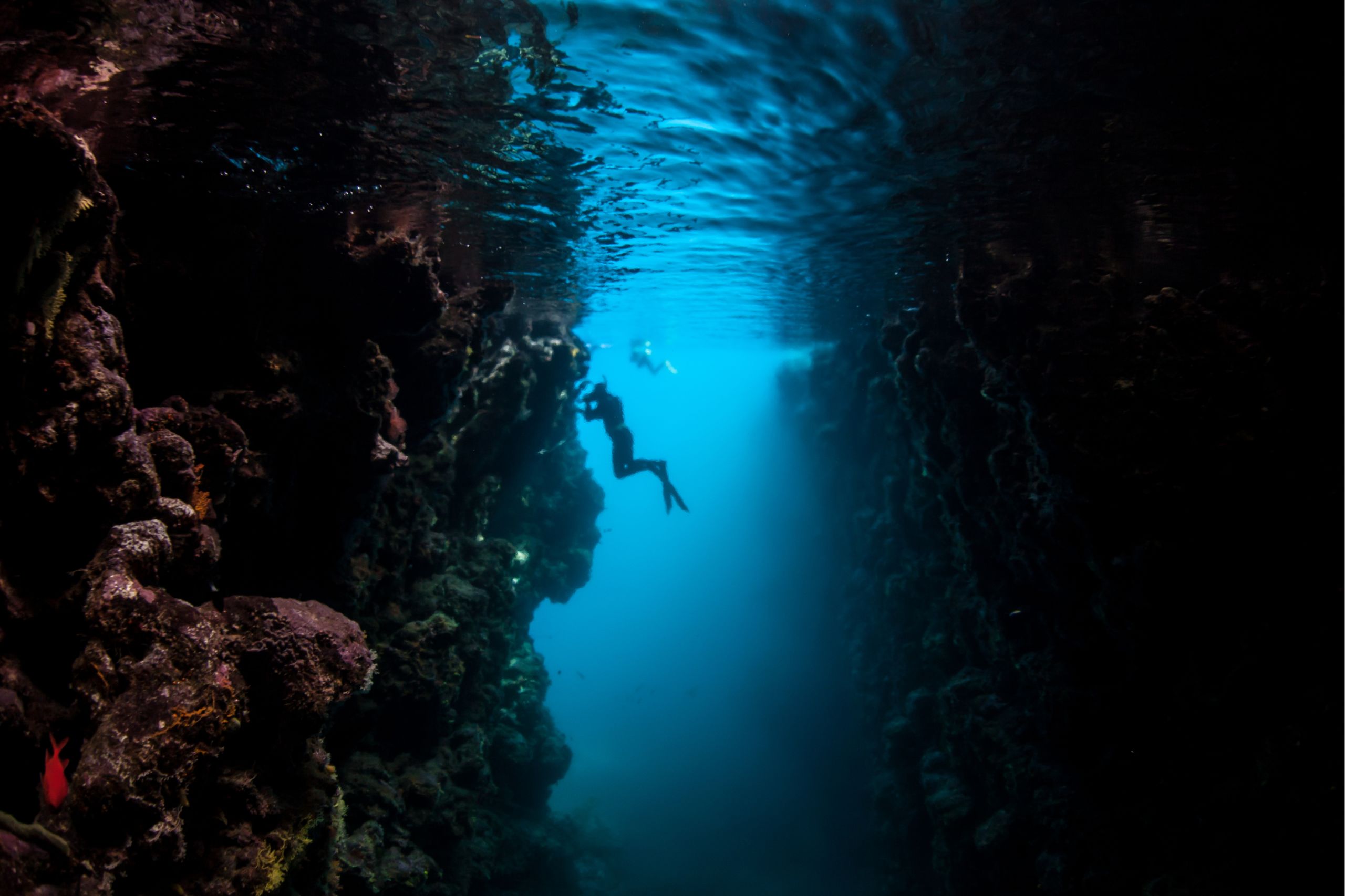
Research Outcomes
- Over twenty related presentations and workshops.
- An online atlas of ocean economy activity at sub-national level across the EU Atlantic Member States
- Two databases containing regional sustainability indicators for the EU Atlantic Area
- A webinar series on the sustainable development of ocean industries, including 'Sustainable Marine Tourism Trail Development – An Irish Perspective'
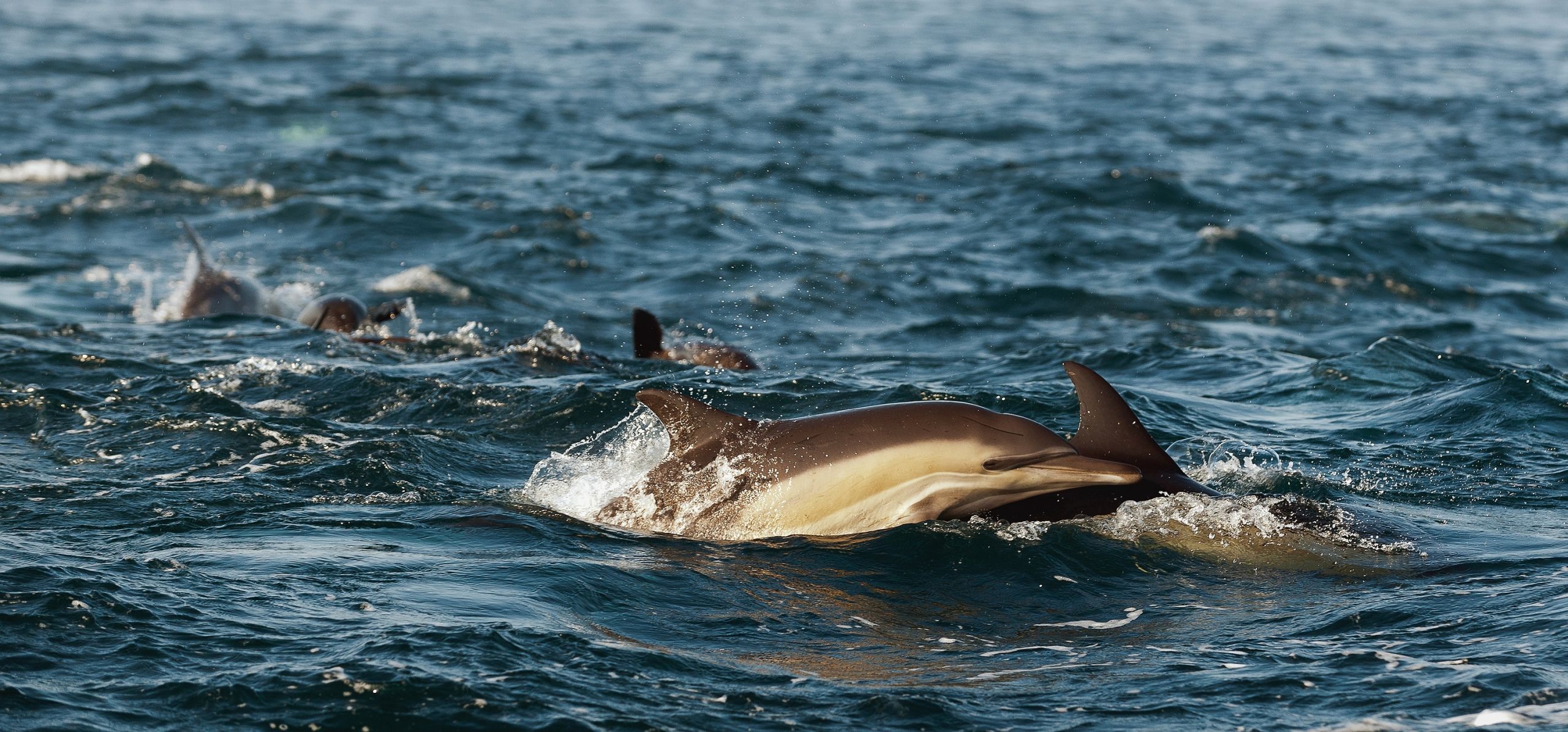
MOSES Partners
NUI Galway & MOSES
The main research focus of the Socio-Economic Marine Research Unit (NUI Galway) is on the economic importance of coastal and off-shore marine environments. This involves examining the economic utility of the marine environment (e.g. transportation, recreation) and ecological value (e.g. fisheries, aquaculture) derived from the productivity of associated ecosystems. The coastal and contiguous marine environment surrounding Ireland and the EU in general provides the geographical focus for the research of the unit.
Socio-Economic Marine Research Institute
The Socio-Economic Marine Research Unit (SEMRU) stands within the Whitaker Institute for Innovation and Societal Change of NUI Galway, and was established through the Beaufort Award in 2008. Since then, it has developed into the foremost marine economic analysis centre in Ireland. The research of the unit is interdisciplinary in nature with a focus on marine socio-economics and coastal rural development issues. The main research focus involves supporting policymakers, decision makers and stakeholders in the marine and coastal sectors with a variety of social and economic analyses. These analyses cover such topics as fisheries, shipping, recreation, planning and development in the marine and coastal zones, valuation of marine and coastal ecosystem services, and measuring the marine economy.
Professor Stephen Hynes
Stephen is a lecturer in the Disciple of Economics at NUI Galway. He is also the director of the Socio-Economic Marine Research Unit. He has a PhD in Environmental Economics from Stirling University, Scotland. He is currently the Principle Investigator on a number of large multi-disciplinary projects including the Marine Institute funded “Valuing and understanding the dynamics of Ireland’s Ocean Economy” and is lead partner on the EU INTERREG funded MOSES project. He is also a partner on the EU Horizon 2020 funded MERCES and ATLAS projects.
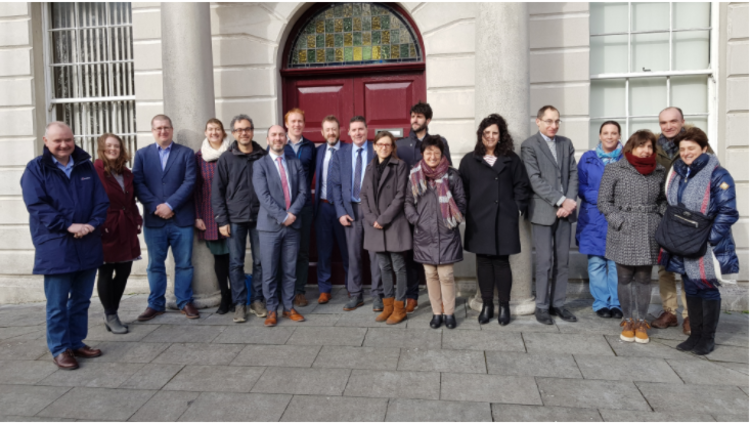
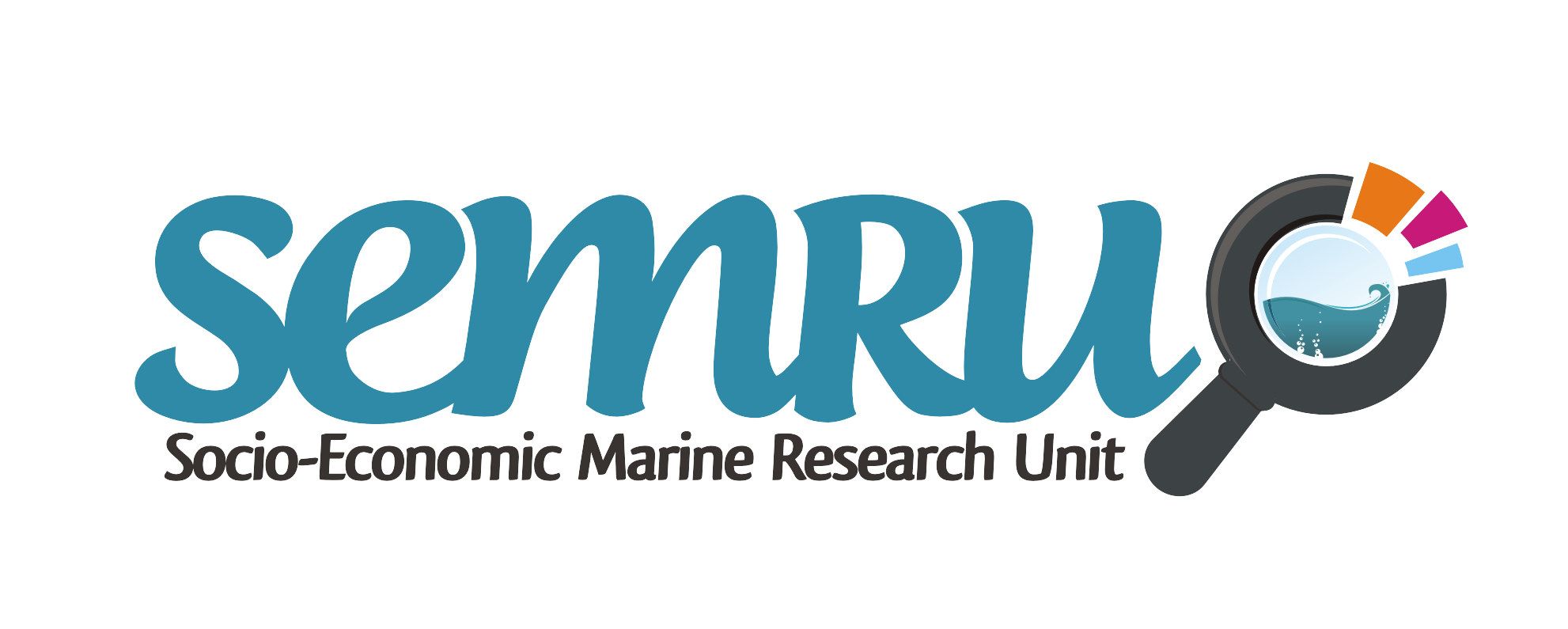
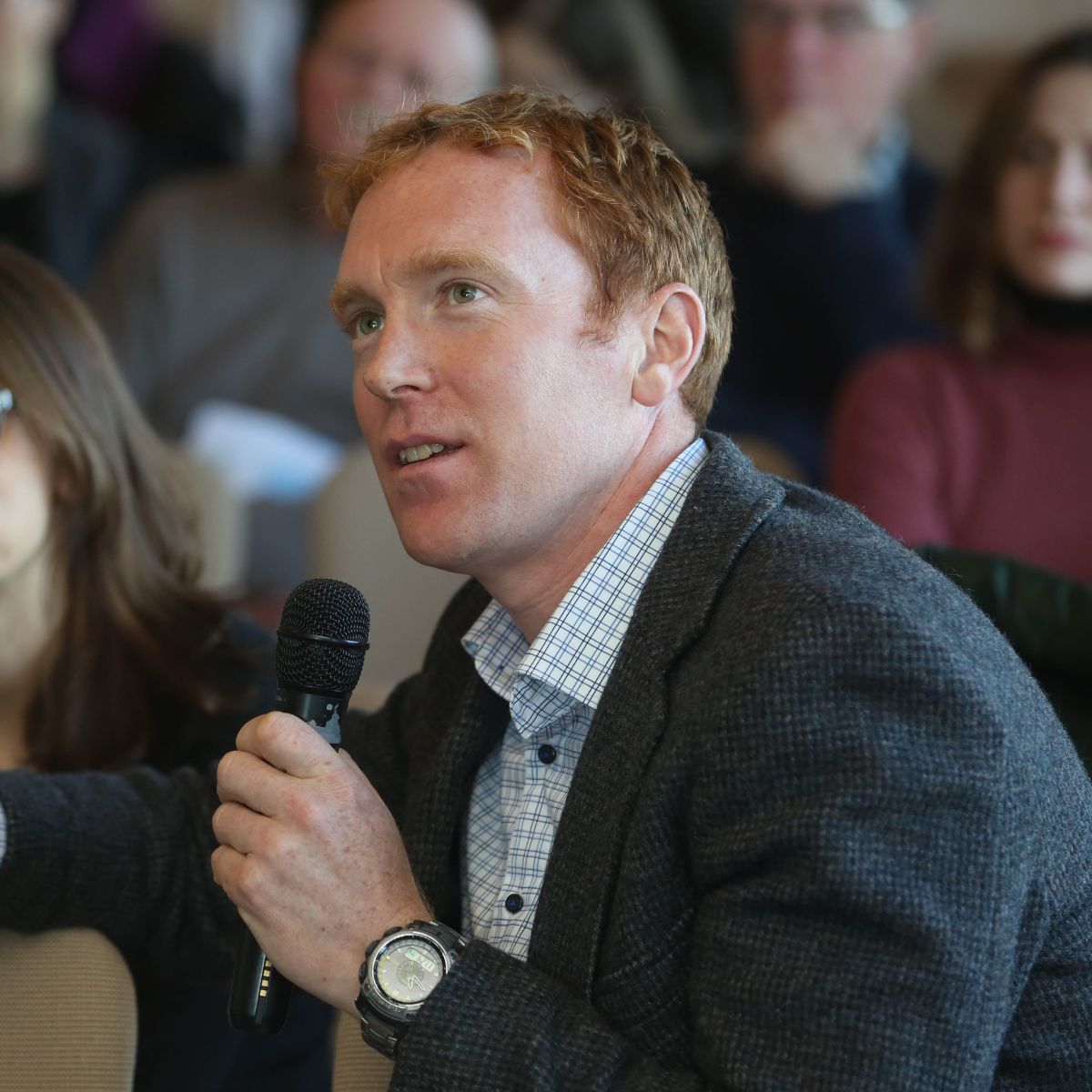
Sustaining our Planet and People
NUI Galway is on a mission to support the transformational changes that are necessary for human society to steer itself towards sustainable development.
Through a collaborative approach and partnerships, our researchers are delivering research and innovations in areas such as climate action, clean energy, ocean, freshwater and terrestrial ecosystems, sustainable bio-economy and One Health.
Our location on the Atlantic shore, surrounded by lakes, rivers and wetlands affords us a living laboratory. Our international reputation in these areas is led by research across all Colleges and by the work of our Ryan Institute.
